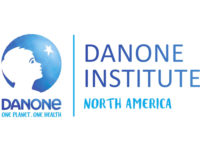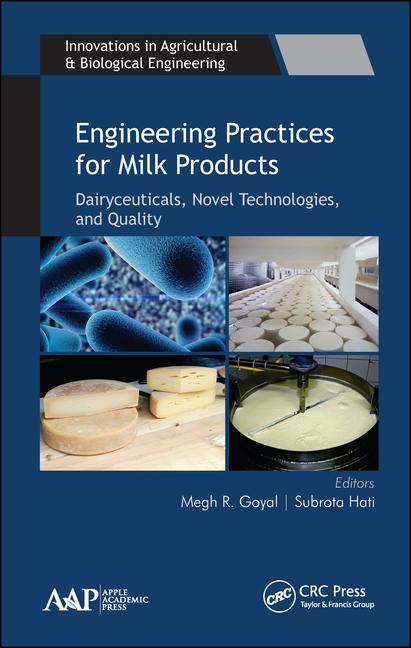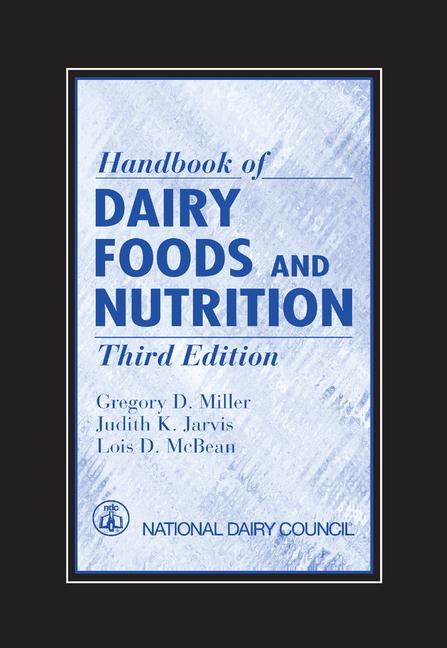Danone North America, a White Plains, N.Y.- and Broomfield, Colo.-based food and beverage company, announced the year-four results from its comprehensive soil health program. The company also said it launched the R3 – Robust, Resilient, Reliable – ROI tool, a first-of-its-kind benchmarking tool for farmers that uses data to measure and predict the financial impact of regenerative practices.
Danone North America said it defines regenerative agriculture as a set of farming practices that helps protect soils, water and biodiversity, as well as improve animal welfare, while acknowledging the key role of farmers. Launched in 2017, the five-year soil health program aims to improve organic matter in soils to increase carbon sequestration and improved yields, reduce chemical use, restore biodiversity and enhance soil water-holding capacity, helping to provide farms with improved, long-term economic resilience.
After just completing its fourth year, the soil health program has expanded to more than 140,000 acres across the United States and Canada, Danone North America said, representing 72% growth in acreage from year-three results. The farms currently participating in program supply milk for Danone North America brands such as Oikos, Two Good, Horizon Organic and more. These practices also are integral to Danone's global commitment to achieve net zero emissions by 2050 by helping to reduce the company's carbon footprint (or scope 3 emissions).
"At Danone North America, we understand the opportunity within our soil and the importance of regenerative practices and what they can unlock, environmentally and now financially, along with our responsibility to advance a sustainable and resilient future," said Jennifer Simpson, director of agriculture, Danone North America. "While soil health is just one piece of the puzzle, we work hand-in-hand with our farmer partners to apply a tailored approach to each individual farm to help them adopt economically viable regenerative farming practices that are best for them."
The year-four assessment revealed meaningful program performance updates, the company said, including:
- Reducing greenhouse gas emissions and sequestering carbon: Since inception, Danone North America's soil health program has reduced nearly 119,000 metric tons of carbon dioxide equivalent and sequestered more than 31,000 tons of carbon through regenerative soil health practices. While this is significant and important progress, it's just the beginning, and Danone North America is continuing to measure and monitor the impact these practices are having to continue to optimize GHG reduction strategies.
- Protecting and restoring soil: To date, the program has prevented more than 337,000 tons of soil from erosion, resulting in nearly $3.3 million in cost avoidance for farmer partners. Additionally, farmer partners planted cover crops on 51% of the program acreage versus the national average of 4%, and practice reduced or no-till management practices on 63% of the program acreage versus the national average of 33%.
- Fostering biodiversity with species, varieties and wildlife: Danone North America’s efforts to foster on-farm biodiversity include conserving just over 1,700 acres of grassed waterways, buffer lands, forest and wetlands. With cover crops and crop diversity as another significant contributor to soil health and biodiversity, Danone North America partnered with farmers to grow more than 20 species, ranging from barley and oats to alfalfa and red clover, with cover crops present on just over half of total participating farmland.
- Preserving and protecting water systems: The program increased use of soil moisture probes by 55% in year four, helping to ensure and ultimately enhance soil's water-holding capacity through informed and improved water usage practices.
"On our farms, we see firsthand the vital role soil plays in feeding our world and the positive impact regenerative farming can have in recharging our natural resources for future generations. By working with a fellow B Corp, Danone North America, we have a tremendous amount of opportunity to make an impact on our farms and the broader food system," said Ken McCarty, co-owner of MVP Dairy and McCarty Family Farms.
Developed in collaboration with Sustainable Environmental Consultants (SEC), the R3 ROI tool is designed to give farmers a comprehensive view of their operations and forecast the return on investment of personalized sustainability practices to drive increased adoption, Danone North America said. The web-based application serves as a benchmarking and comparison tool that uses farm-specific verified data — deployed from the EcoPractices platform developed by SEC — to show the projected impact of change in farming practices, allowing farmers to evaluate their specific operations.
The R3 ROI tool proposes targeted practices as part of SEC's Sustainable Continuous Improvement Plan (SCIP), which is used to advance regenerative agriculture practices on farms. The SCIPs are built from the independent third-party data with the goal of helping farmers learn from their soil to maximize environmental impact all while providing science-based benchmarks to set short and medium-term goals. Once a practice is selected, the R3 ROI tool provides models with forecasted returns on investment to help farmers understand the potential financial impacts regenerative agriculture can have on their farm to enable decision making and prioritization, the company noted.
Danone North America said its farmers that use the R3 ROI tool have adopted the following SCIP practices:
- Implementing no-till farming practices to minimize soil disturbance and help enrich soil biodiversity.
- Planting cover crops to improve soil health, slow erosion and attract pollinators.
- Establishing buffer zones to prevent contamination between certified organic production and non-organic land.
"Danone North America is on the leading edge of the dairy industry when it comes to regenerative agriculture by providing climate-forward agriculture practices that are tailored to each farm," said Jennifer Jensen, director of sustainability and strategic partnerships, Sustainable Environmental Consultants. "By collaborating with us on the R3 ROI tool, we are making meaningful strides that extend to the broader agriculture community as we collectively work towards generating measurable environmental, social and economic impacts across supply chains."
More information about Danone North America's regenerative agriculture practices can be found here.








